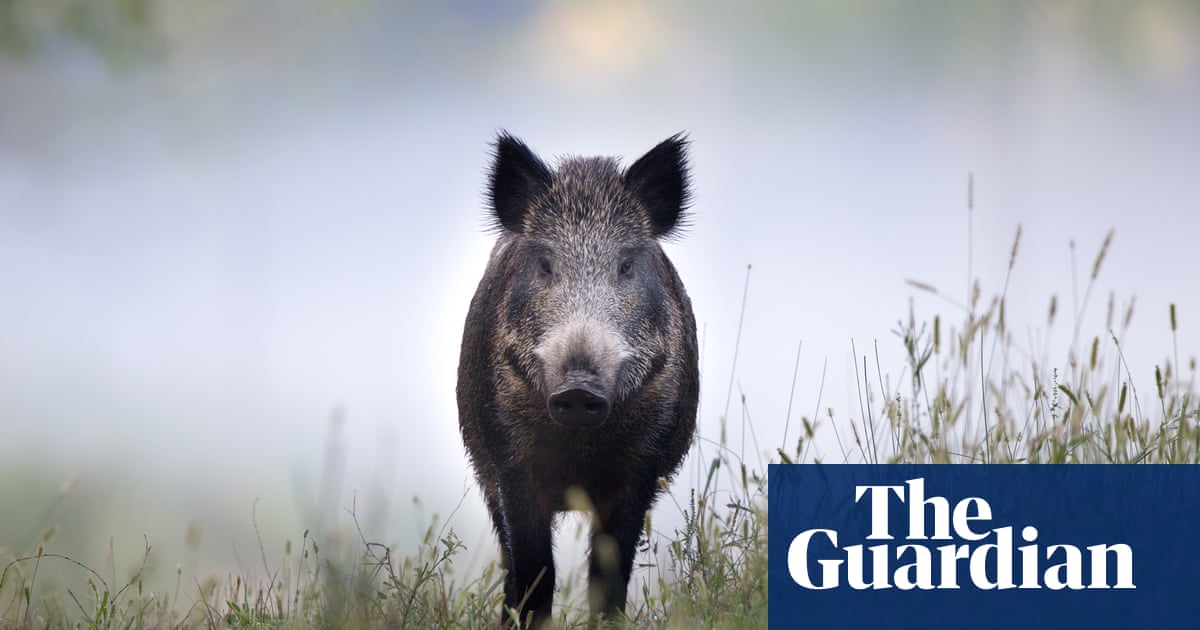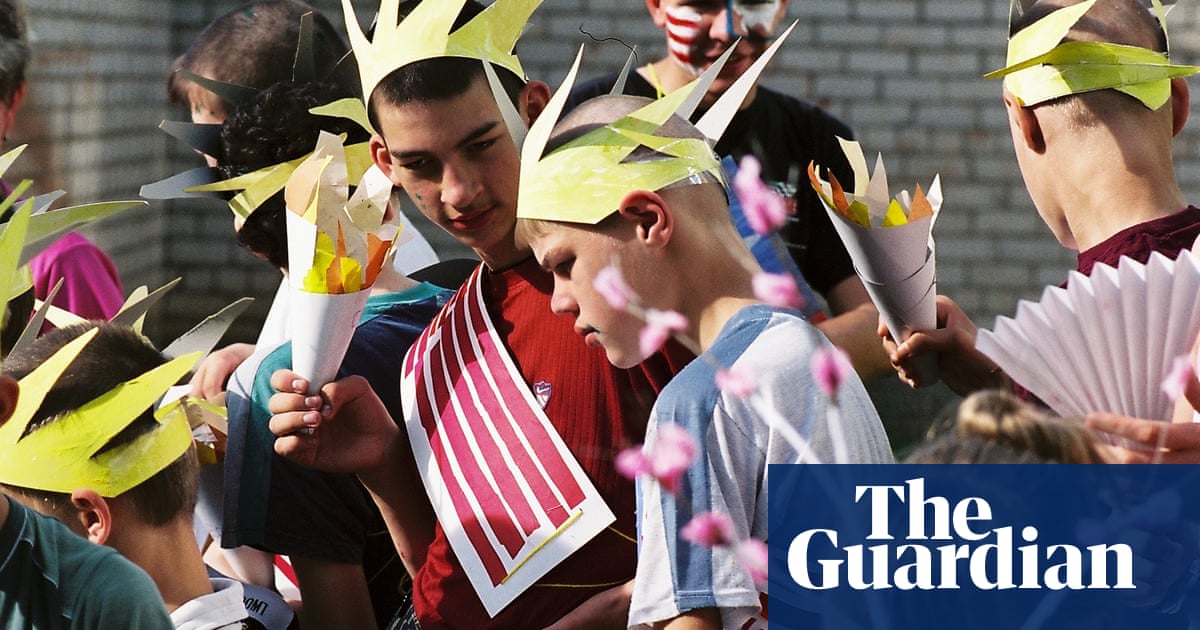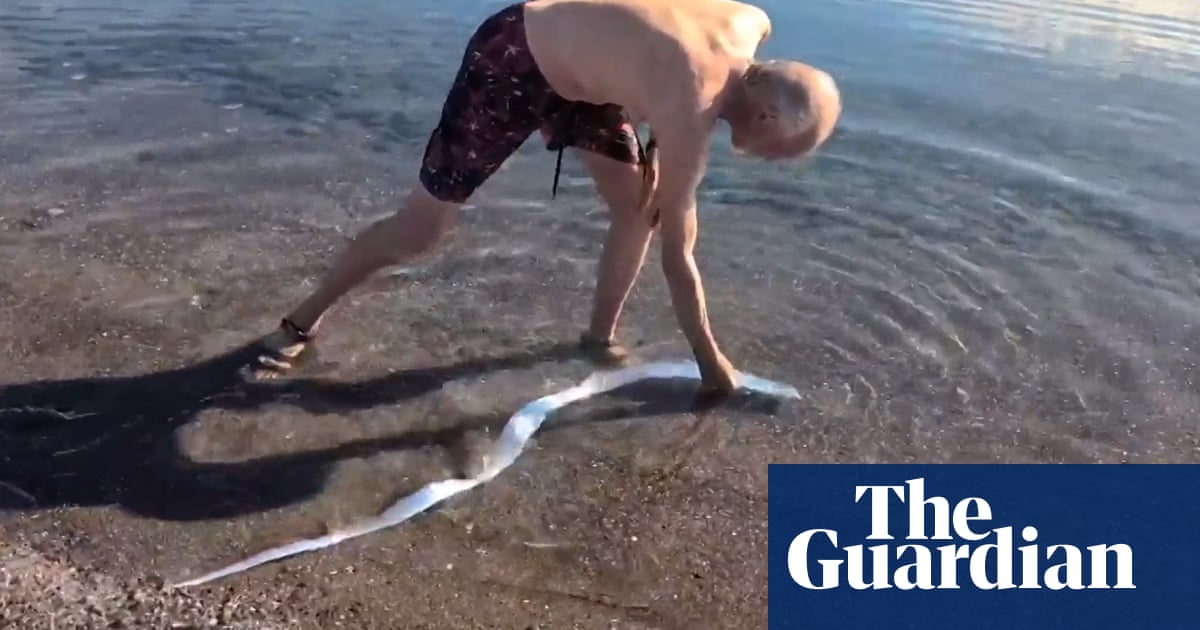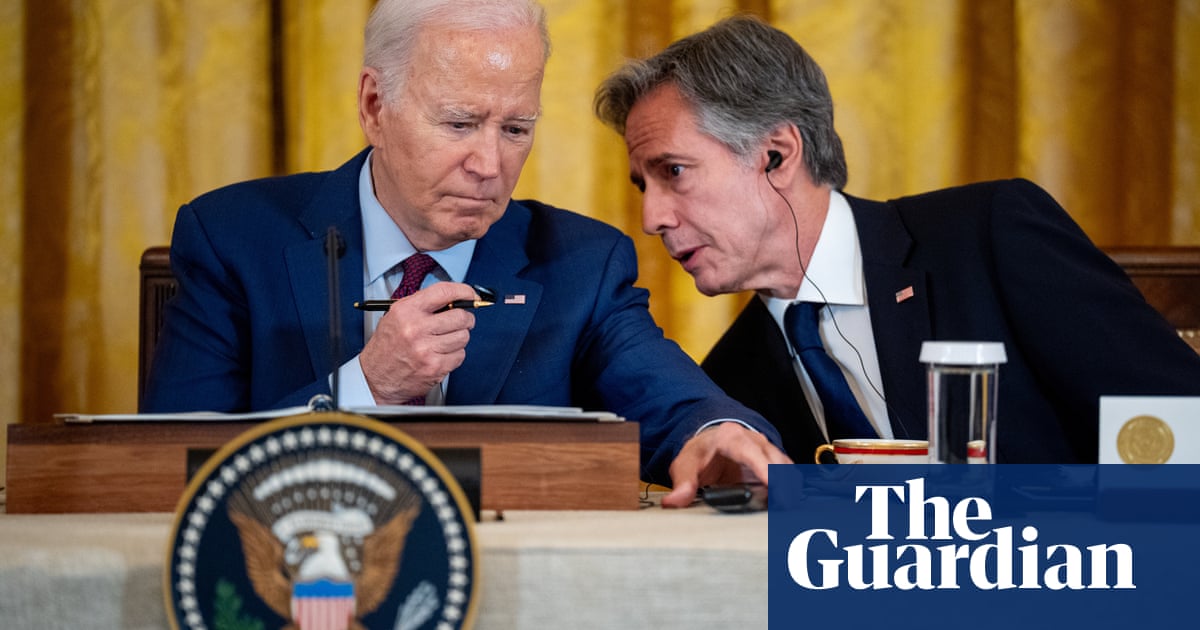Here is a thoughtful, austere documentary by Sönje Storm that largely avoids the irony-potential hinted at in the title. It is about her great-grandfather, Jürgen Mahrt: a remarkable, self-taught naturalist and photographer from Elsdorf in Schleswig-Holstein, Germany, who sold off some of the family farm that he inherited to pursue his great passion for the natural world.
Mahrt’s work was interrupted by war service from 1914 to 1918, but he continued until his death in 1940, amassing a gigantic archive of beautiful photographs which he colourised himself with fine brushes; it gives a colossal account of what we would now call the biodiversity of the Elsdorf forest and the surrounding lakes, fields and moorland, especially the numberless lost species of butterfly. Mahrt would sometimes eccentrically position stuffed dead birds in a natural setting for his photographs. He was less interested in human subjects, although towards the end of his life he took candid, posed shots of Elsdorf townspeople.
This is a film of high-minded lucidity and calm, though for me it could have engaged more explicitly with the elephant-in-the-living-room issue: the eerie absence of nazism in his pictures. A fiction feature about his life, or perhaps another type of documentary, might have suggested that the significance of all this was a poignant or culpable looking-away from the growing Nazi horror, preferring instead a trance-like scrutiny of flora and fauna. Storm points out that in fact on his travels, Mahrt accidentally photographed Hitler’s country house; Mahrt made nothing of that and Storm, for her part, makes relatively little of it either. His black-and-white photographs of people could be compared to August Sander, whose images inspired Michael Haneke’s film The White Ribbon, but Storm does not consider that link either.
Perhaps at the time Mahrt felt that natural beauty was the only important, authentic thing and that the fatuous, strutting Nazis were irritating fakes and phoneys who were profoundly uninteresting. It could also be argued that in considering the whole question of species survival and habitat loss, a consideration which made him well ahead of his time, Mahrt had a vision that went above political history.

 2 months ago
35
2 months ago
35













































